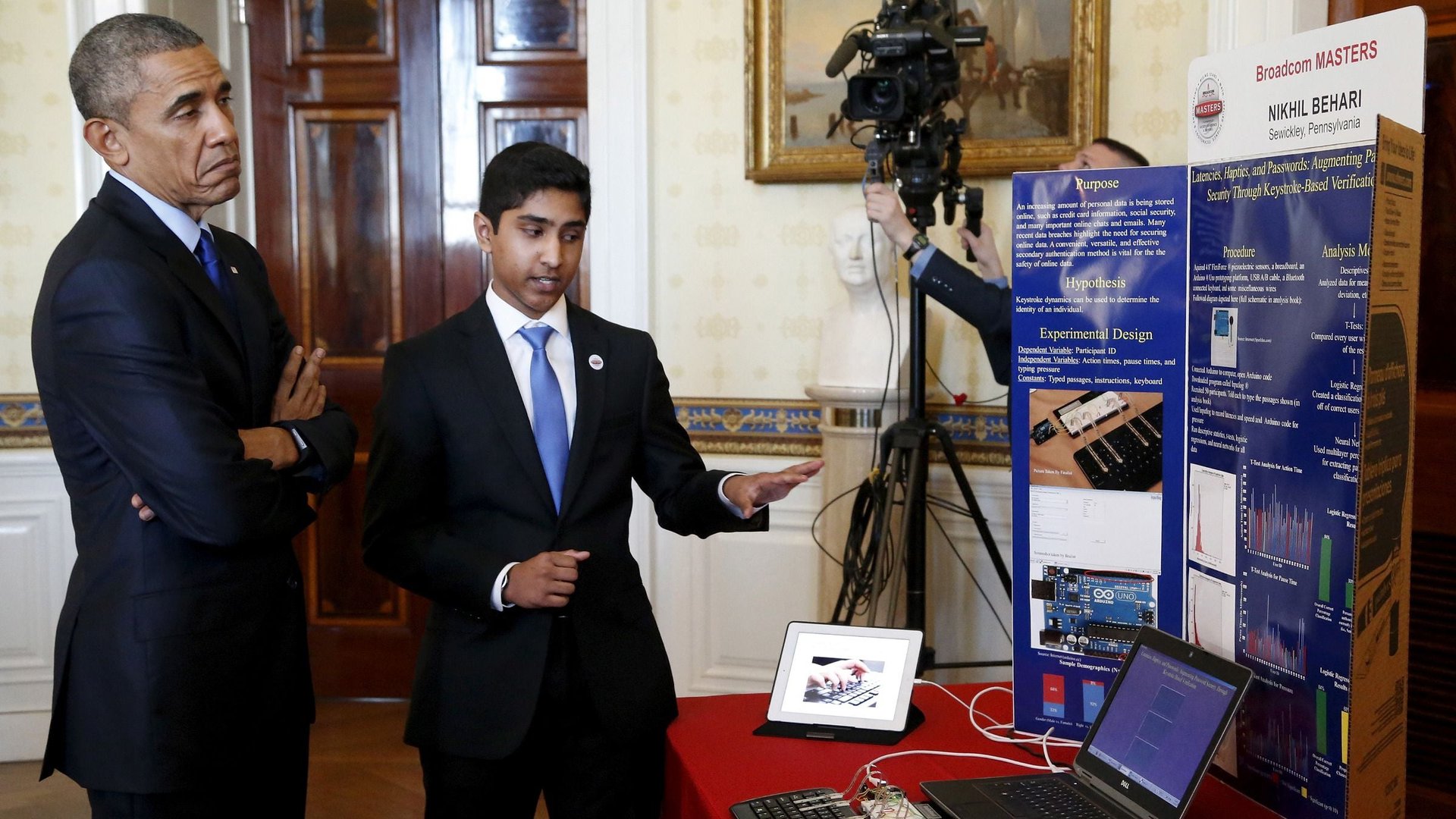A fed-up Obama has declared a “national emergency” for cyberattacks in the US
The president of the United States has declared a national emergency due to the threat presented by cyber attacks.


The president of the United States has declared a national emergency due to the threat presented by cyber attacks.
In a new executive order, president Barack Obama empowered the US Treasury secretary to use financial sanctions against foreign actors who threaten critical infrastructure, launch denial-of-service attacks, or seek to steal trade secrets or financial data.
The news comes just days after cyber attacks reportedly originating in China targeted Github, the open-source code repository that has quickly become central to modern software development. The motive for the attacks is said to be the code hosted on the site that allowed users to bypass China’s digital censorship regime.
The executive order is a significant escalation of the US response to digital threats—January marked the first use of US financial sanctions to respond to a digital threat, when the White House ratcheted up restrictions on North Korea after blaming the regime there for a major attack on Sony Entertainment’s internal network.
Not everyone was convinced that North Korea was the culprit, though US intelligence services say classified sources confirm their judgment. One of the biggest challenges of deploying these sanctions will be identifying the bad actors behind attacks.
But since cyber-attacks are becoming a regular part of geopolitical conflict—whether launched by Russian hackers targeting US financial institutions, Chinese hackers looking for US trade secrets, or US hackers sabotaging Iran’s nuclear program—it’s no surprise that the US is using the threat of financial sanctions as a key deterrent. It’s the president’s signature weapon.